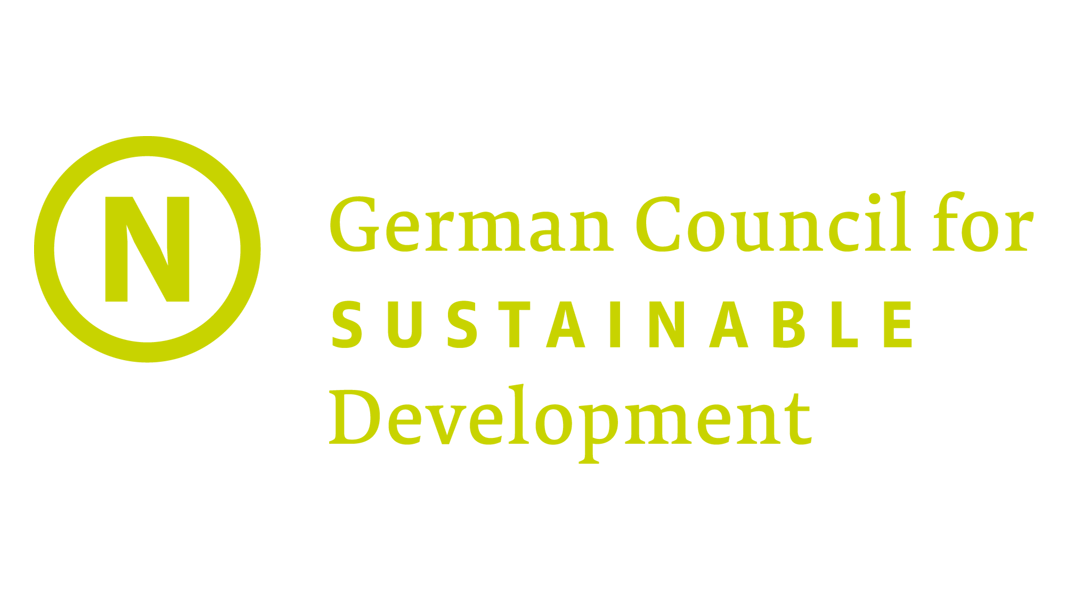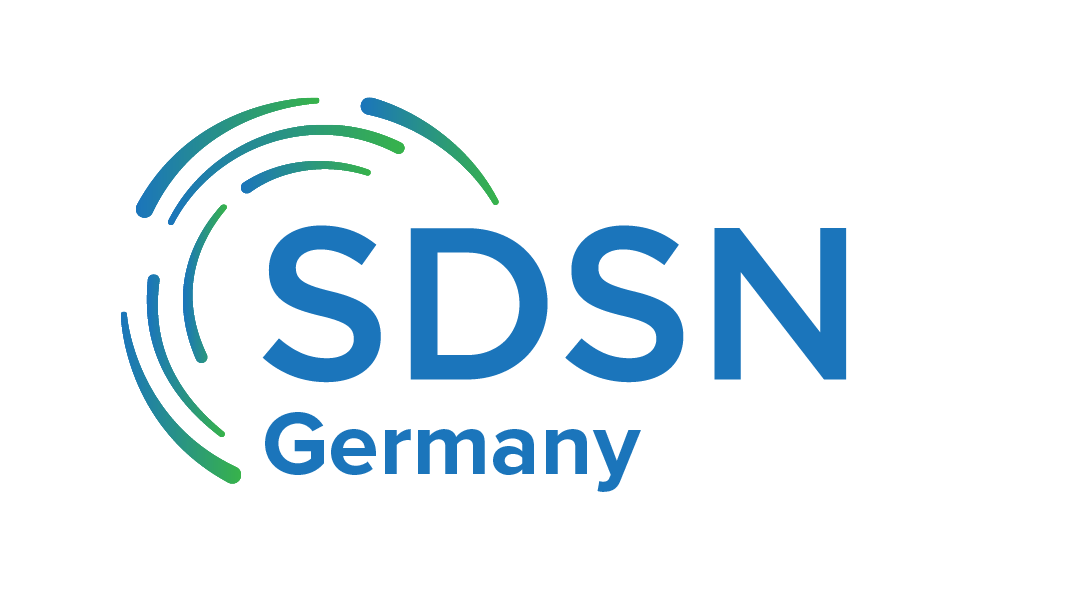VNR 2025 Joint contribution by German Council for Sustainable Development (RNE) and SDSN Germany
As an export nation and Europe’s strongest economy, Germany has a particular interest in expanding global cooperation relationships, especially in light of increasingly disruptive policymaking and geopolitical rivalries. Actively contributing to the implementation of the commitments and actions set out in the Pact for the Future of September 2024 must be an overarching objective for Germany in the coming years. The overall aim in this context is to contribute to the realisation of a fairer world order. This means that Germany should not drop its pace or reduce its ambitions. Solutions need to be found – within the framework of the United Nations, for example – to provide equal opportunities for people here and in low- and middle-income countries.
Germany must play a leading role in two respects in particular that are key to achieving all SDGs:
1. Financing sustainable development
To coincide with the Financing for Development Conference in June/July 2025, Germany must make concrete, actionable proposals for funding sustainable development at the global level or it must support existing proposals.
When it comes to the formulation of Germany’s financial policy, this means: no cuts in development cooperation, alignment with the 0.7 per cent target and greater financial scope for investment through reform of the debt brake. Globally, the focus must be on debt relief initiatives for poorer countries, reforming the Common Framework for Debt Treatments and creating an international framework for sovereign default.
To enable low- and middle-income countries to strengthen their own resources, Germany must promote the development of those countries’ tax systems and provide positive support for negotiations on the design of a fair global tax system in a UN context. The realisation of a global minimum tax for the ultra-rich must be actively implemented by Germany.
Greater emphasis also needs to be placed on mobilising private investors. Efforts must be made to enable faster, easier and more extensive investment in sustainability.
Global public goods (especially tackling climate change and the biodiversity crisis) need to be placed at the centre of the international financial architecture.
Innovative approaches must be supported, not dismissed; this includes allocating special drawing rights through the IMF on the basis of a country’s level of need rather than shareholder quotas.
2. Fighting gender-specific inequalities (SDG 5)
Germany must resolutely strive for equality between women and men and oppose all attempts to diminish and limit women’s rights. At the global level this means strengthening the sexual and reproductive rights of women and contributing to determined efforts to counter all forms of violence against women, especially in the year marking the 30th anniversary of the 1995 Beijing World Conference on Women. The design of Germany’s foreign and development policy serves as a role model in this respect.
Further areas in which targeted support from Germany is required:
- Supporting steps to stop both climate change and biodiversity loss
- Contributing to strongly promoting access to sustainable energy in low- and middle-income countries
- Contributing to establishing health systems in poorer countries and doing everything necessary to finally eliminate HIV/AIDS, malaria and tuberculosis, as well as reducing the very high excess mortality caused by air pollution (more than 8 million additional deaths each year) once and for all
- Submitting proposals on the regulation of platforms and the use of AI, including the integration of key elements of the Global Digital Compact into the German Sustainable Development Strategy.

